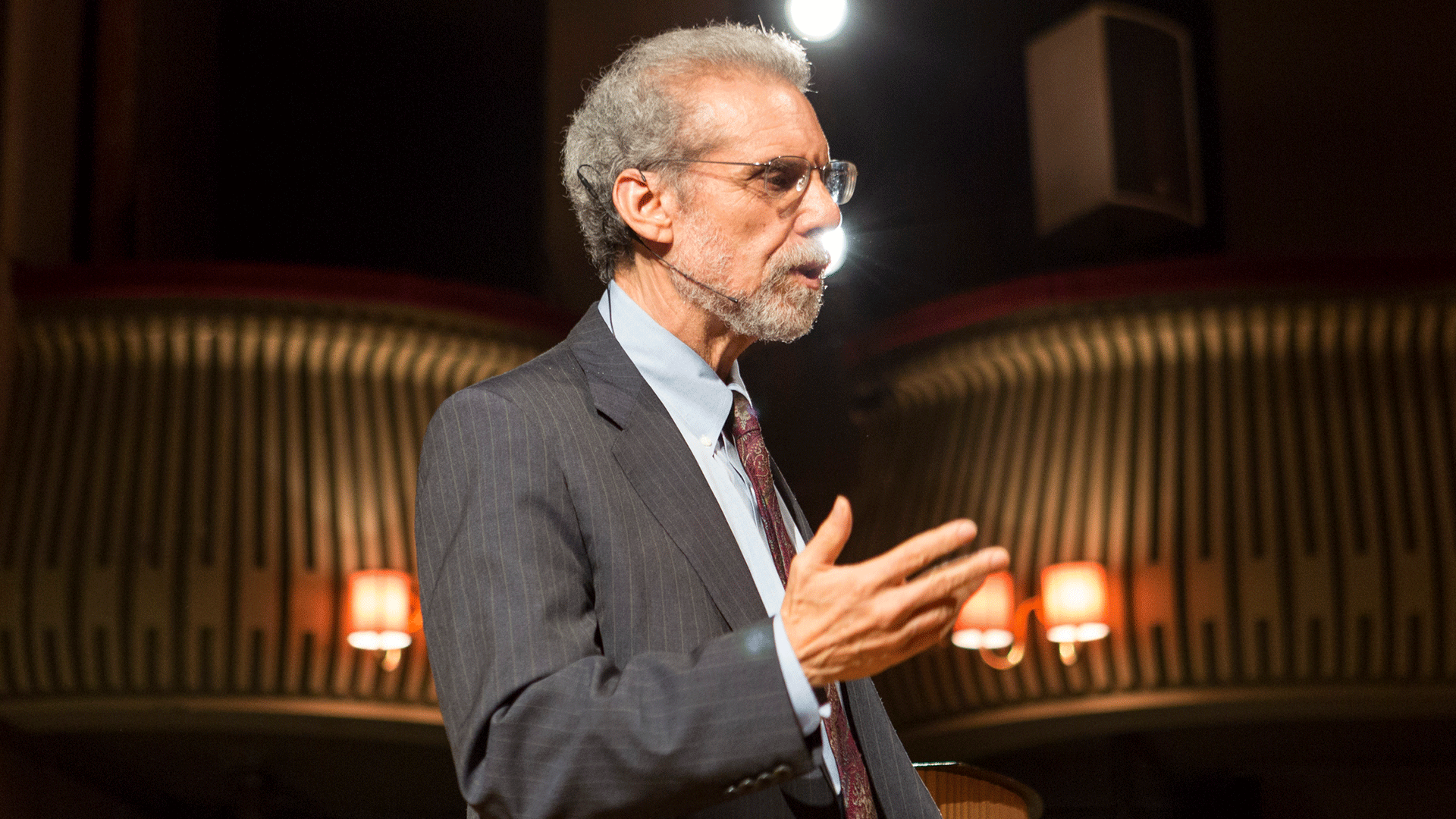The Hidden Cost of Leadership Without Emotional Intelligence
Leadership isn’t just about strategy, innovation, or decision-making; it’s also about the people who make up an organization. In today’s world, where companies face unprecedented challenges and rapid change, emotional intelligence (EI) has become an essential component of effective leadership. Daniel Goleman, a psychologist, author, and globally recognized expert on emotional intelligence, put it best:
"A leader with low emotional intelligence is actually draining the organization in the long term."
This profound statement underscores the hidden cost of leadership that lacks emotional depth. But before we dive deeper into the significance of this quote, let’s first explore who Daniel Goleman is and why his insights matter so much.
Who is Daniel Goleman?
Daniel Goleman is a pioneer in the field of emotional intelligence, having brought the concept into mainstream discourse through his groundbreaking book, Emotional Intelligence: Why It Can Matter More Than IQ. Published in 1995, this bestseller reshaped how leaders and organizations think about success. Goleman’s work highlights that intelligence quotient (IQ) alone isn’t enough to drive results; our ability to understand and manage emotions is equally, if not more, important.
Goleman identifies five core components of emotional intelligence: self-awareness, self-regulation, motivation, empathy, and social skills. These elements are critical for leaders who seek not only to lead effectively but also to inspire, connect, and build lasting success.
The Cost of Low Emotional Intelligence
Leadership isn’t just about managing processes or hitting quarterly goals; it’s about inspiring people to do their best work. Leaders who lack emotional intelligence often fail in this area. Let’s unpack Goleman’s quote:
Energy Vampires: Leaders with low EI often create toxic work environments. Their inability to regulate their emotions or empathize with others leads to high stress, increased turnover, and diminished morale. Employees may feel unheard, undervalued, or even unsafe, which ultimately drains the organization’s most important resource: its people.
Stifled Creativity: Innovation thrives in an environment where team members feel comfortable sharing ideas and taking risks. Leaders who lack empathy or self-awareness may unknowingly discourage open communication and collaboration, causing creativity to stagnate.
Burnout and Attrition: A leader’s emotional state sets the tone for the entire team. If the leader is reactive, combative, or dismissive, it creates a ripple effect. Over time, employees may feel demotivated or overwhelmed, leading to higher rates of burnout and turnover.
Erosion of Trust: Trust is the bedrock of any successful organization. Leaders who can’t recognize or validate the emotions of their team erode trust over time, leading to a breakdown in communication and engagement.
The Power of Emotionally Intelligent Leadership
On the flip side, leaders with high emotional intelligence bring immense value to their organizations. They know how to:
Foster Connection: By practicing empathy and active listening, emotionally intelligent leaders build meaningful relationships with their teams. Employees who feel valued and understood are more likely to remain loyal and motivated.
Adapt to Change: Emotional intelligence equips leaders to remain calm and composed during times of uncertainty. Their ability to manage their own emotions enables them to guide their teams through transitions with clarity and confidence.
Drive Performance: Leaders who recognize the emotional needs of their teams can inspire greater effort and commitment. Employees are more likely to go above and beyond when they feel supported and respected.
Build a Resilient Culture: Emotional intelligence helps leaders create a culture of psychological safety where employees can thrive and grow. This resilience becomes a competitive advantage, allowing organizations to navigate challenges effectively.
The Long-Term View
Goleman’s quote serves as a stark reminder that leadership is about more than just achieving short-term results. Leaders with low emotional intelligence may drive immediate outcomes, but the long-term consequences, burnout, turnover, and diminished innovation, can cripple an organization over time.
Investing in emotional intelligence is not just a benefit; it’s a necessity. Leaders who prioritize their own emotional growth and model emotionally intelligent behaviors create a ripple effect throughout the organization. They inspire teams to perform at their best, foster trust, and build an environment where everyone can succeed.
Final Thoughts
Daniel Goleman’s work teaches us that the most successful leaders aren’t just intelligent; they’re emotionally intelligent. They understand that leadership is not about being the smartest person in the room but about being the most connected, empathetic, and self-aware.
As organizations evolve, the demand for emotionally intelligent leaders will only grow. Let Goleman’s wisdom be a guiding light for current and aspiring leaders: prioritize emotional intelligence, and you’ll not only lead your team to success, you’ll leave a legacy that lasts.
What are your thoughts on emotional intelligence in leadership? Take a moment to pause, reflect, and journal your insights; it’s a powerful way to gain clarity and deepen your understanding.
